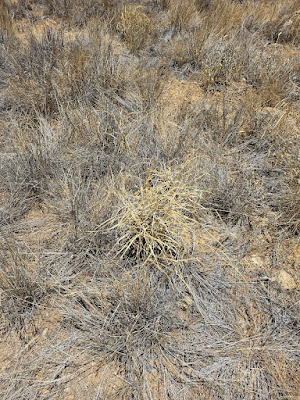On this arid land I see the gentle grey, purple and caramel colours of the native grass in summer.
I see the fools gold of the buffel grass head, messy and invasive.
The question was given to me by an ecologist "how do you plant a garden without any seeds?". This blog post is subtitled "the ecology of an educational technologist". The following six points are a journey in gardening without buying the seeds and intentionally planting them.
1. Feel the ground. Walk on the ground with your bare feet at sunrise. Feel the earth's harvested warmth seep into your toes.
2. Wait for the wind. A strong wind or a storm wind will lift the seeds and separate them from their pod homes. Carried over the fences from the neighbour's yard and the field next door.
3. Pull the weeds. These invasive species will take the nutrition and the space you want to reserve for your garden seeds.
4. Greet the birds. The outliers carrying seed, dropping kernels into your yards.
5. Don't mow. Give the seeds time to set down their roots and strengthen their heads. Let the council know, put up the sign, no mowing here.
6. Re-wild the ground. Let it flourish and grow. Remove the introduced species.
Life is a garden planted by terrestrial invasions. Should we control it? Can we even think that is possible? Weave the native plants with those well adapted to their new home. Have patience. Observe the garden, notice the subtle colours, texture and changes. This story is also an allegory for working as an education technologists in higher education. I am not the holder of the knowledge but I am the gardener waiting for seeds. Life long learning is a garden always growing.
Background thinking:
Stop buffel. https://www.alec.org.au/stopbuffel
Bonami, B., Nemorin, S. Through three levels of abstraction: Towards an ecological framework for making sense of new technologies in education. Educ Inf Technol 26, 1183–1200 (2021). https://doi.org/10.1007/s10639-020-10305-1
Bonami, B., Nemorin, S. Through three levels of abstraction: Towards an ecological framework for making sense of new technologies in education. Educ Inf Technol 26, 1183–1200 (2021). https://doi.org/10.1007/s10639-020-10305-1
These seeds can walk! (The Green Planet, BBC Earth)

Great video! And loving the allegory/analogy here. Thanks - Kevin
ReplyDelete